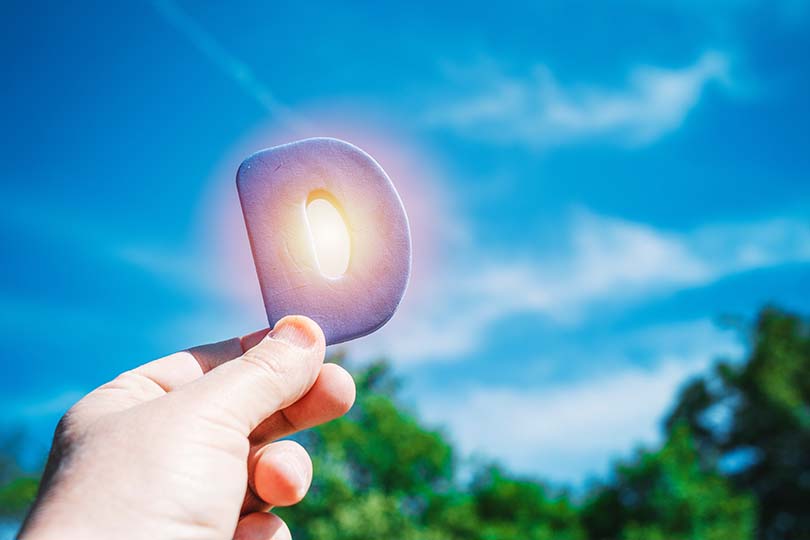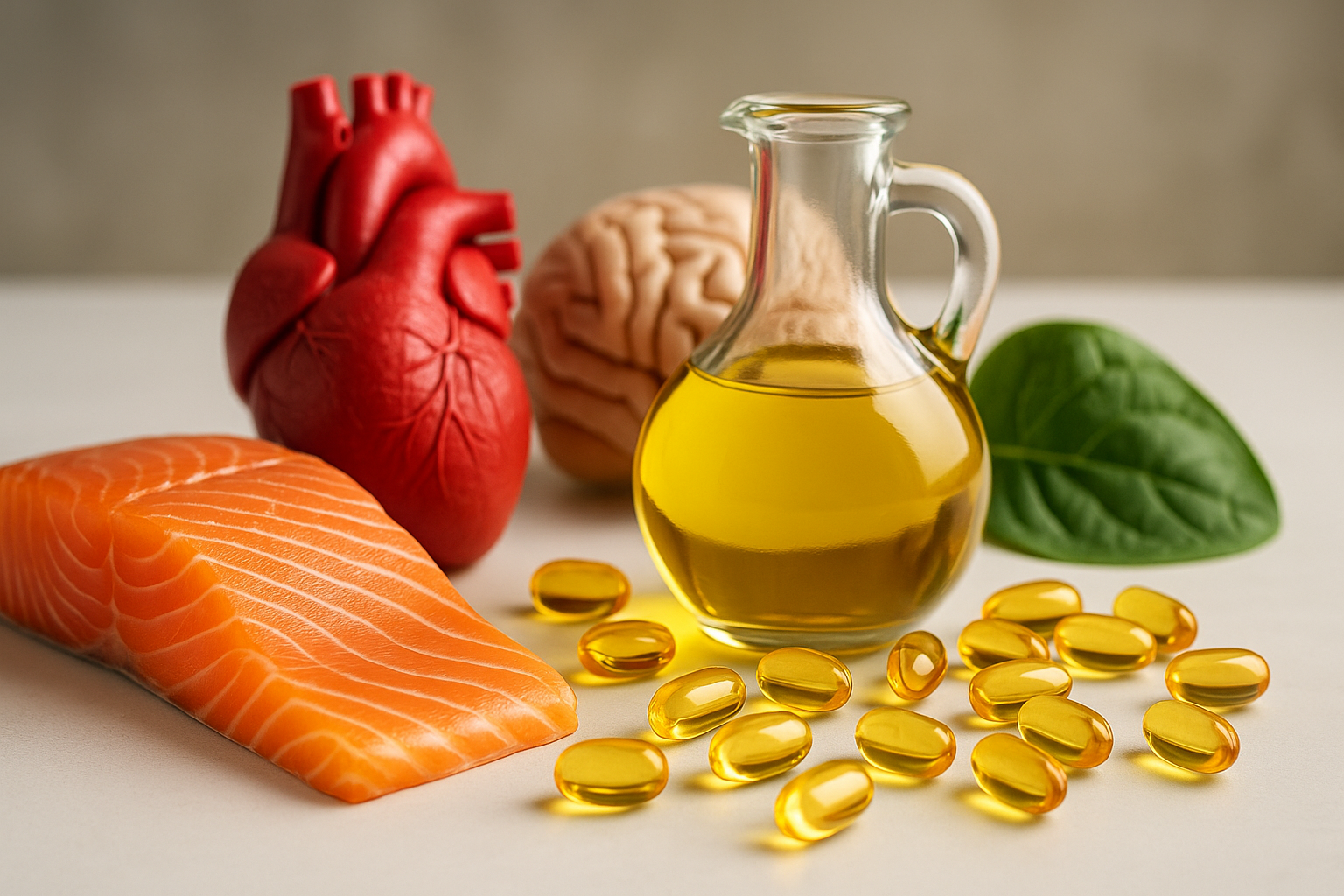
If you don't get enough vitamin D, you will get sick in the long run. High-dose pharmaceutical-grade vitamin D naturally helps to replenish the body's vitamin D stores even in the dark season.
Vitamin D - the generic term for a group of fat-soluble vitamins called calciferols - has an amazing number of important functions in the human body. "The best-known function of vitamin D is its involvement in bone metabolism. Among other things, vitamin D promotes the absorption of calcium and phosphate from the intestine and their incorporation into the bones. It thus plays a key role in bone mineralisation. In addition, vitamin D is involved in other metabolic processes, in the formation of proteins or in the control of a large number of genes," says the Robert Koch Institute (RKI), a federal institute in the portfolio of the Federal Ministry of Health.
"Vitamin D is a powerful protective shield against many dangers that can affect our health. If you don't get enough vitamin D, you will get sick in the long run. Today we know that vitamin D specifically also contributes to the maintenance of normal teeth, to the maintenance of normal muscle function, to a normal absorption/utilisation of calcium and phosphorus as well as to a normal calcium level. Furthermore, vitamin D contributes to a normal function of our immune system and has an important function in cell division", says Natura Vitalis founder Frank Felte (www.naturavitalis.de). The company from Essen has long been considered one of the leading manufacturers of natural food supplements and places the highest value on continuous further and new developments of health products on a scientific basis.
The beauty of vitamin D, which is physiologically a hormone, is that it is produced when sunlight hits the skin - or more precisely, the UVB component of sunlight. In summer, less than ten minutes of sunshine on the face, hands and arms at midday is enough to cover the daily requirement for light-skinned people in our latitudes. Thus, three sunbaths per week are actually sufficient to be optimally supplied with vitamin D. The vitamin D stores replenished in summer even last about two months. For this reason, many people call vitamin D the "sunshine" vitamin.
The problem is that in winter, the sun's rays are no longer sufficient to guarantee this natural supply. Studies have shown that the sun in our latitudes is simply too low to let through enough UVB rays that would be necessary for the formation of vitamin D. The sun's rays are not enough to provide this natural supply. According to the Robert Koch Institute, 60 percent (!) of Germans lack vitamin D in winter. To prevent the winter vitamin D deficiency, the RKI recommends exposing the face, hands and arms to the sun uncovered and without sunscreen two to three times a week between March and October.
Alternatively, it is a good idea to ensure vitamin D intake through food or a good dietary supplement, especially in the winter months. For this purpose, we have developed pharmaceutically pure and highly dosed vitamin D drops with a bioavailability of at least 90 percent, which has never been achieved before. We achieve this by making the vitamin D water-soluble with a patented and award-winning micellation process. This enables up to 20 times better absorption than is the case with conventional, fat-soluble vitamin D," Frank Felte points out. This means: "With this variant and the patented micellation process, vitamin D can be channelled into the organism even faster and more effectively. Thus, only a single drop of our vitamin D, which can be easily dosed by means of the enclosed pipette, is sufficient daily to positively support health accordingly." More information at https://www.naturavitalis.de/Vitamin-D-Tropfen-HOCHDOSIERT-Agave.html
This text
may contain translation errors as the translation was done by an online
translation tool.










